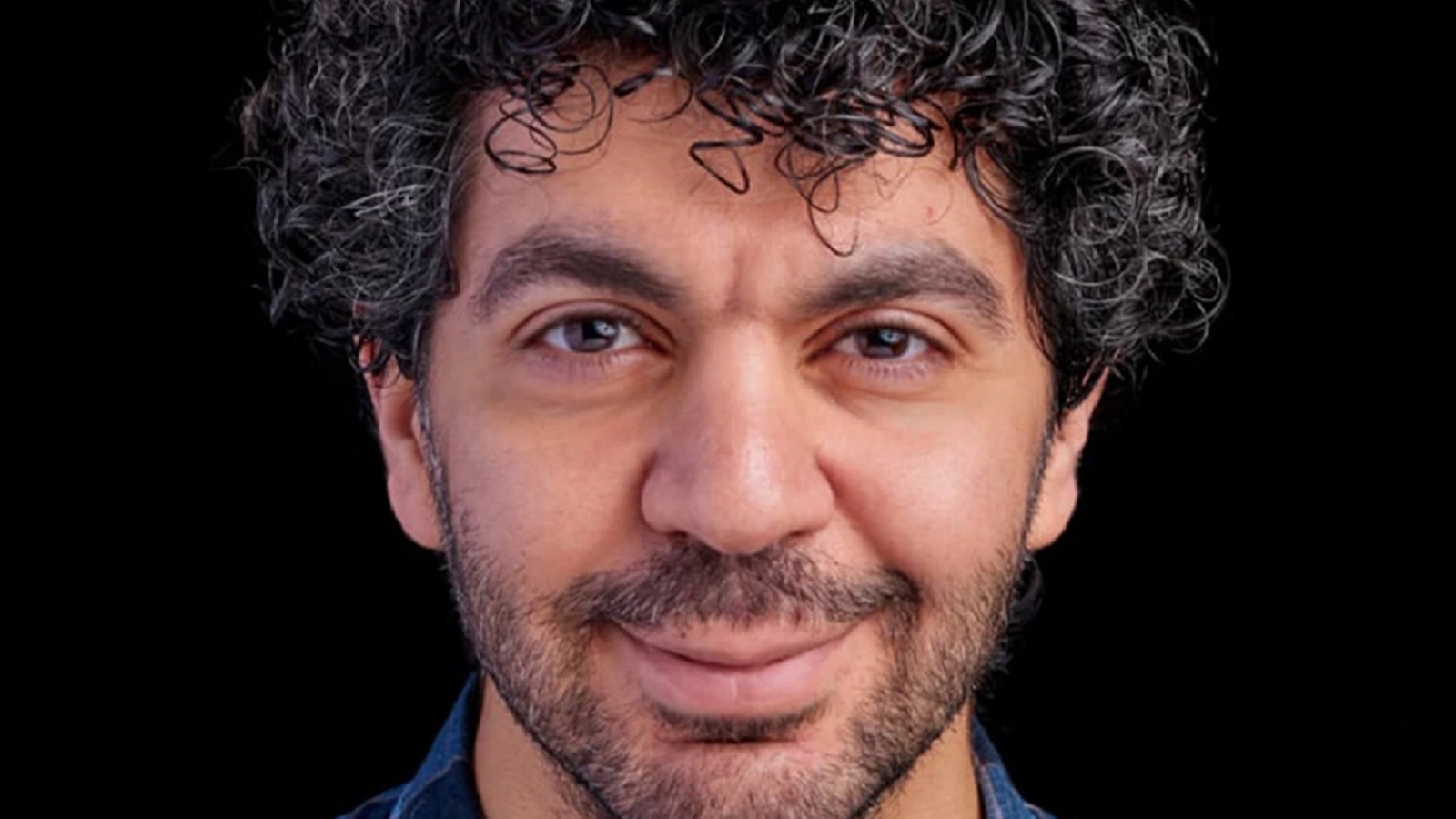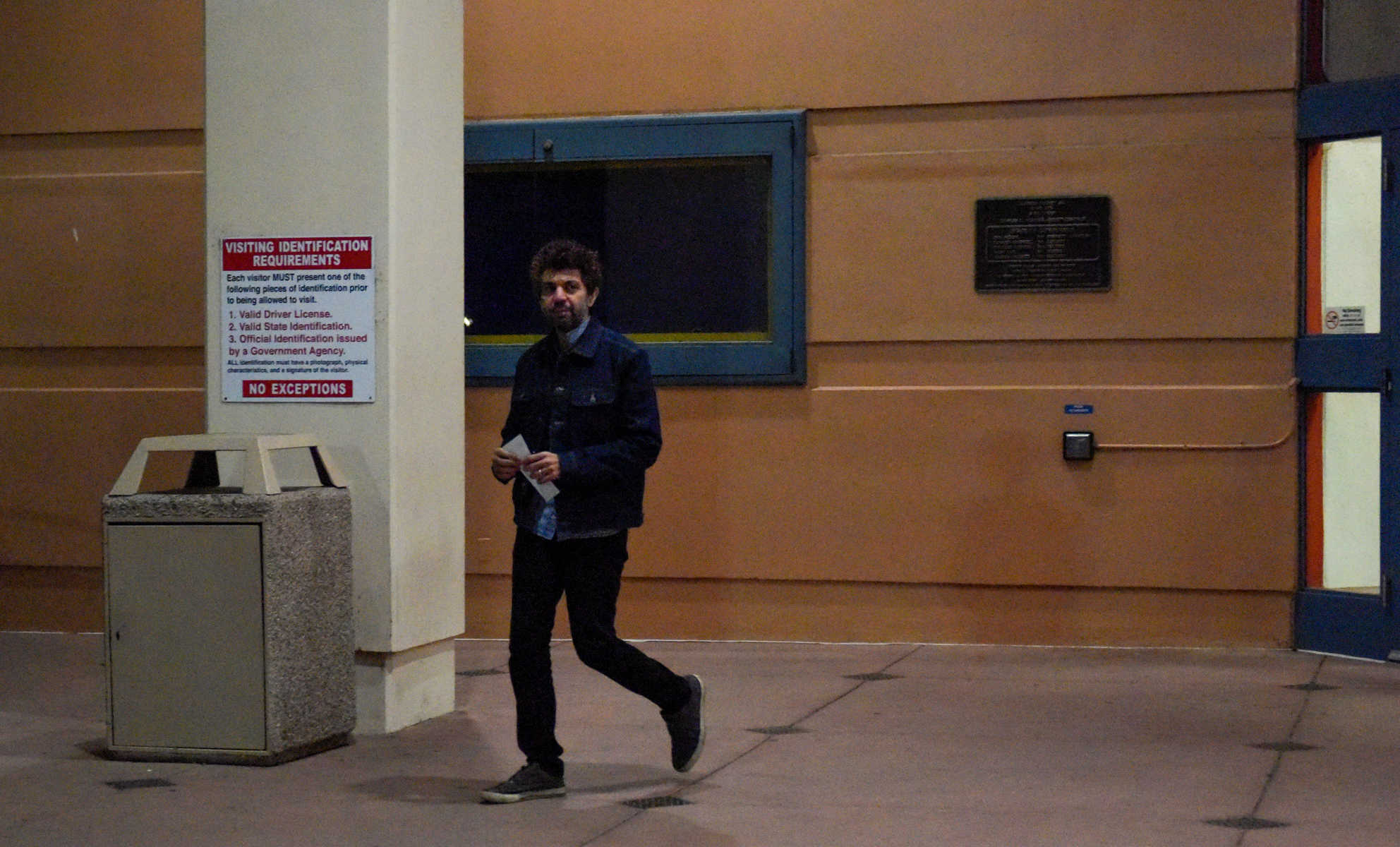The Network of MBS Spies Inside Twitter: Created by al-Asaker and Brought Down by America

Bader al-Asaker is a name that has recently appeared in the corridors of American courts. He is the director of the private office of the Saudi Crown Prince, Mohammed bin Salman. He is one of the latter closest associates and one of his trusted men in ruling the Kingdom.
Yet, the powers of al-Asaker go beyond that to something greater, as he establishes dark networks and provides them with spies from all over the world for the benefit of the Crown Prince in order to protect his awaited throne.
Al-Asaker's name was mentioned in the Twitter spying case in American courtyards, where the director of the Crown Prince's office was involved in recruiting spies within the widespread social network in exchange for money and luxury gifts to track opponents and trap them.
The US Justice Department told the court during the opening session of the trial of Saudi spies, who were recruited by al-Asaker, that the evidence presented to the court told a story of "power, greed, and lies."
Since 2014, Saudi Arabia has worked to create a widespread espionage network electronically through high-accuracy programs and by recruiting clients with the aim of targeting opponents of the ruling regime and the crown prince in particular.
Proceedings of the trial
On August 9, 2022, the Federal Court in San Francisco, California, indicted the former Twitter employee, Ahmad Abouammo, an American of Lebanese origin, of spying for Saudi Arabia.
The San Francisco District Court confirmed his involvement in money laundering, conspiracy to commit Internet fraud, and record fraud.
According to Bloomberg, the jury convicted Abouammo after a two-week trial in San Francisco, and he now faces 10 to 20 years in prison when he is sentenced.
Abouammo and his fellow Twitter employee, Ali Alzabarah, were accused of being recruited by Saudi officials between late 2014 and early 2015 to obtain private information about accounts that posted posts critical of the regime.

The indictment stated that al-Asaker met Abouammo, Alzabarah, and a Saudi citizen named Ahmed al-Mutairi on May 14, 2015, while he and Prince Mohammed were on an official visit to Washington.
Al-Mutairi, according to the lawsuit, is accused of working as an intermediary between Twitter employees and the Saudi government. The prosecution document revealed that he provided the two men (Abouammo and Alzabarah) hundreds of thousands of dollars in addition to a luxury Halo watch.
For its part, the US Department of Justice announced that the employees took advantage of their access to the Twitter database to search for information about thousands of users of this site and exchanged information with Al-Mutairi, who acted as an intermediary with Saudi officials.
It explained that they used their capacity as Twitter employees to obtain Internet Protocol (IP) addresses, emails, and dates of birth of political opponents and then passed this information on to the security authorities in Riyadh.
The Fall of the Spy
US authorities arrested Abouammo in Seattle in November 2019 on a series of charges, including acting as an illegal agent for a foreign government.
The jury announced that it had obtained evidence proving that Abouammo had received a luxury watch that exceeds 20 thousand dollars, and 300,000 dollars from Badr Al-Asaker, in exchange for confidential information on the Twitter account of Saudi dissidents, with the aim of silencing them from criticizing the Kingdom, arresting them or endangering their lives.
In his final remarks to the jury, US Attorney Colin Sampson stated that the evidence shows that for a price and the belief that no one is watching, the accused sold his position to someone working within the close circles of the Saudi Crown Prince.
Ali Alzabarah and Ahmed Al-Mutairi are also on the FBI's wanted list and are believed to be in Saudi Arabia, as they fled the United States quickly after the case was discovered.

The British newspaper The Guardian reported in a report on the trials on August 12, 2022, that Twitter did not respond to specific questions about al-Asaker.
Yet, a spokesperson for the site stated in 2021 that they acted quickly at the time of the incident when they learned that abusers were accessing user data.
Twitter announced in 2019 that it had permanently suspended nearly 6,000 accounts linked to Saudi Arabia that it said had violated platform policy.
Electronic Arsenal
In tracking his opponents, bin Salman does not rely only on the recruitment of spies but also on the purchase of the latest technologies and spyware around the world until Riyadh possesses a huge arsenal.
On January 27, 2020, Bloomberg Agency published a report on these technologies, stating that the Kingdom focuses on surveillance technologies in its deals.
While these technologies can be used to delete or alter data or disrupt systems, the Kingdom has primarily focused on using them for espionage purposes only.
It said that Facebook deleted hundreds of accounts and pages associated with the Saudi government, which participated in a large-scale marketing and promotion campaign to polish the Saudi regime and attack neighboring countries.
Twitter then removed thousands of state-backed accounts based in Saudi Arabia and suspended tens of thousands of others who had manipulated the platform in order to advance Riyadh's geopolitical interests and amplify its influence.

Also, the spyware that is believed to have been used to hack the phone of Joseph Bezos, founder of the American giant Amazon, was developed and marketed by a private company and then transferred to the Saudi government without judicial oversight over its use.
The alleged purpose was to pressure and try to silence the Bezos-owned Washington Post, which was writing about Jamal Khashoggi, the Saudi journalist who was assassinated by Riyadh in 2018.
According to Bloomberg, it is possible that the hack was carried out through the use of a known spyware product that was identified by tracking other Saudi surveillance software, such as technologies purchased from the Israeli NSO Group or an Italian hacking team.
These allegations come after a lawsuit in December 2018, in which the Saudi dissident Omar Abdulaziz said: The NSO Group program enabled the Kingdom to hack his phone and trace his contacts with Jamal Khashoggi before Riyadh assassinated him in Istanbul.












